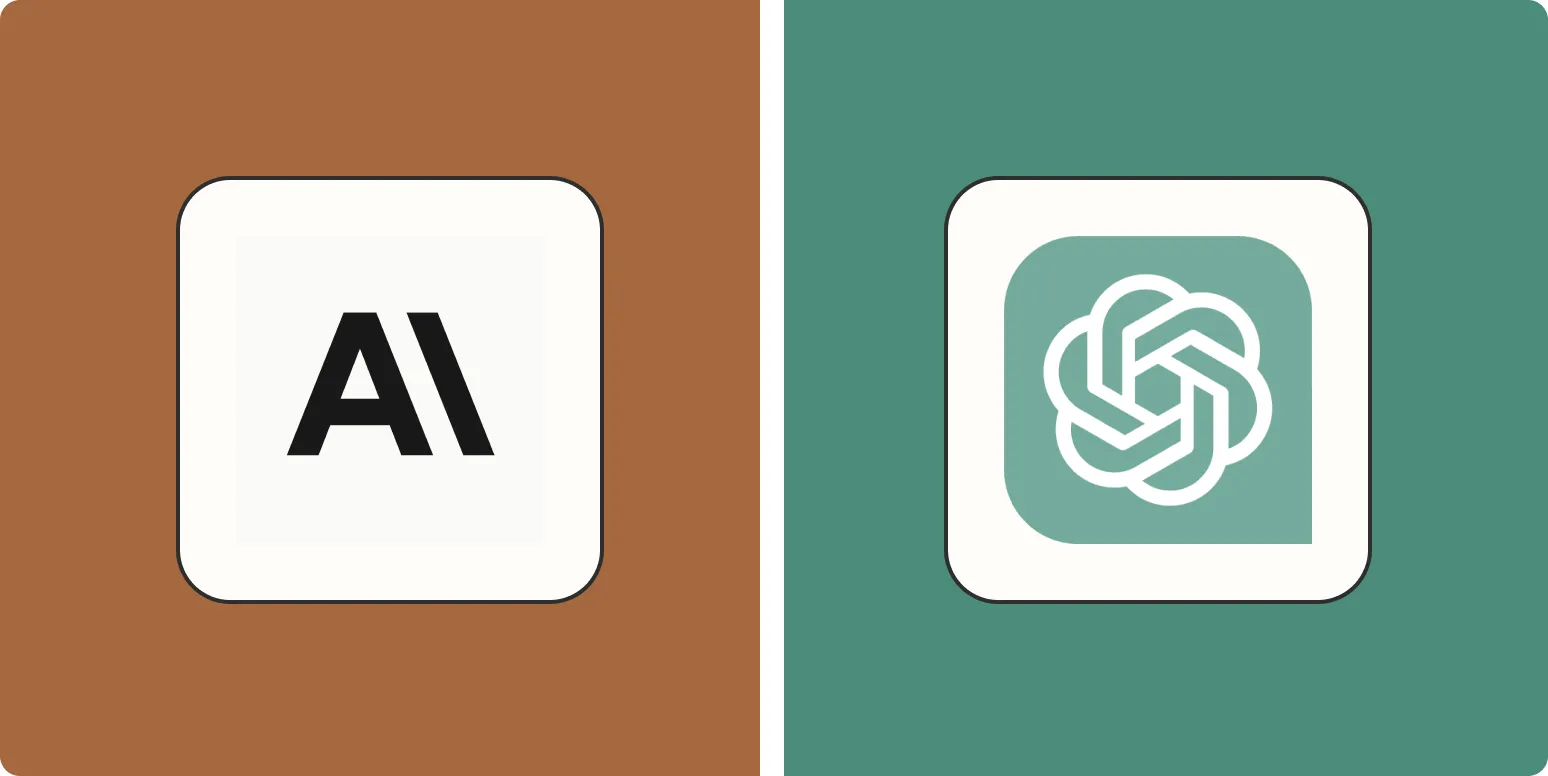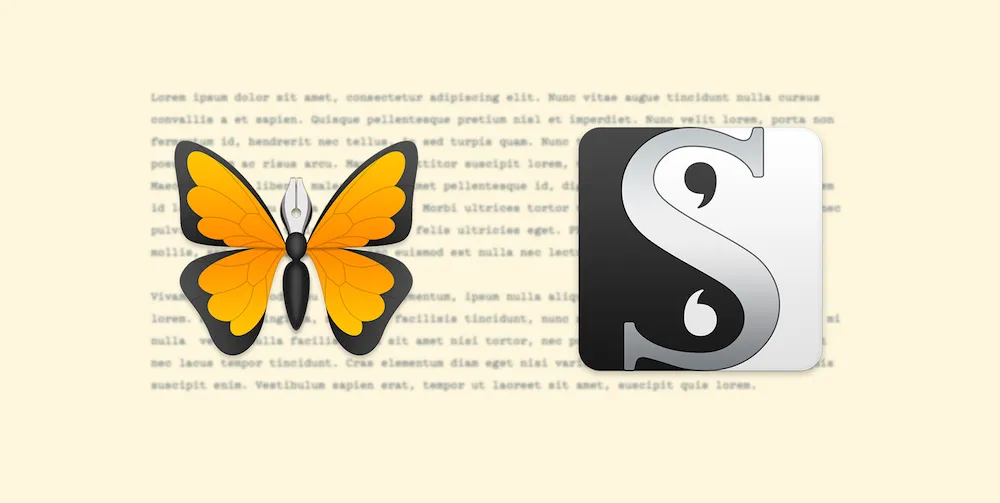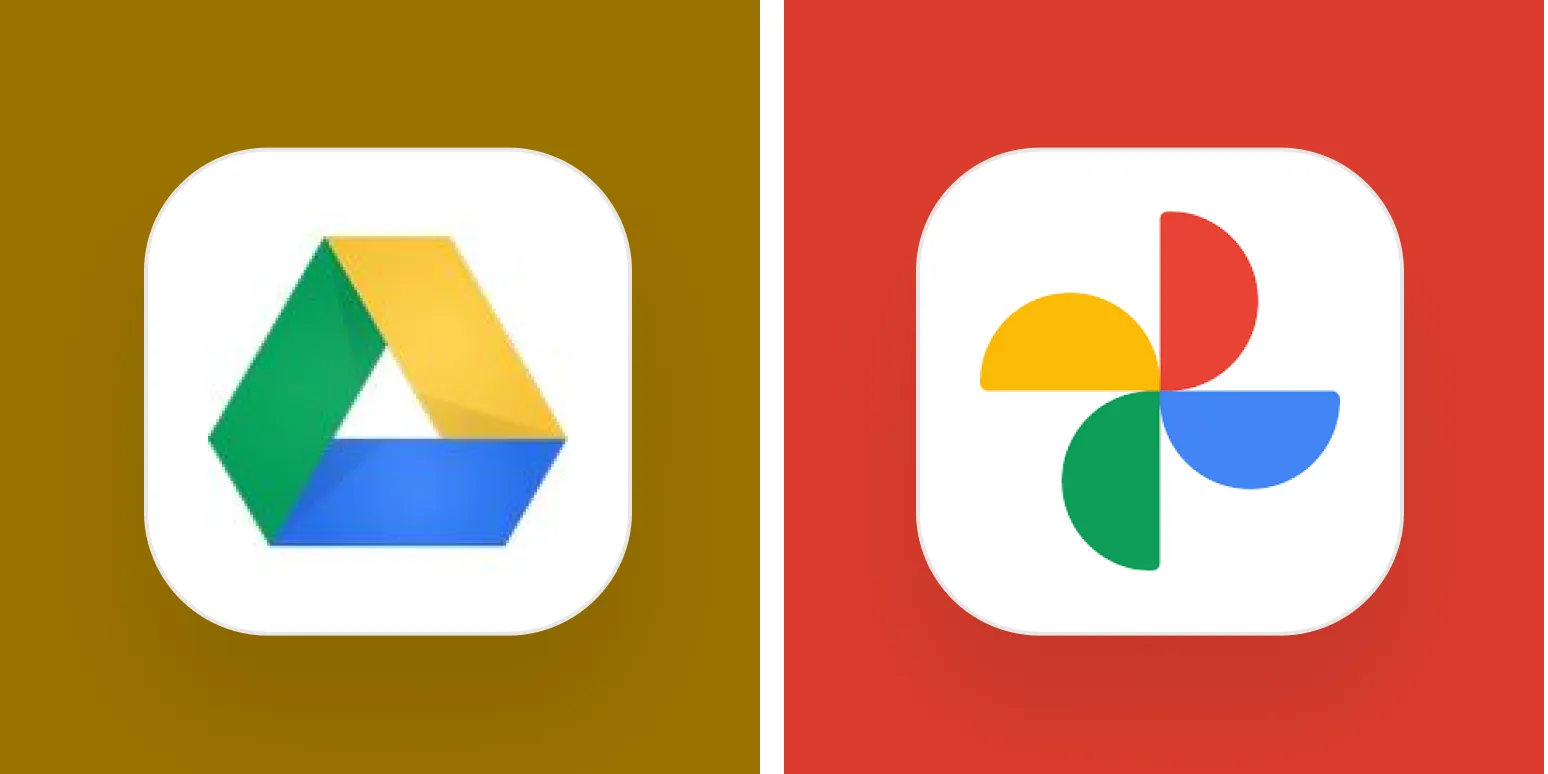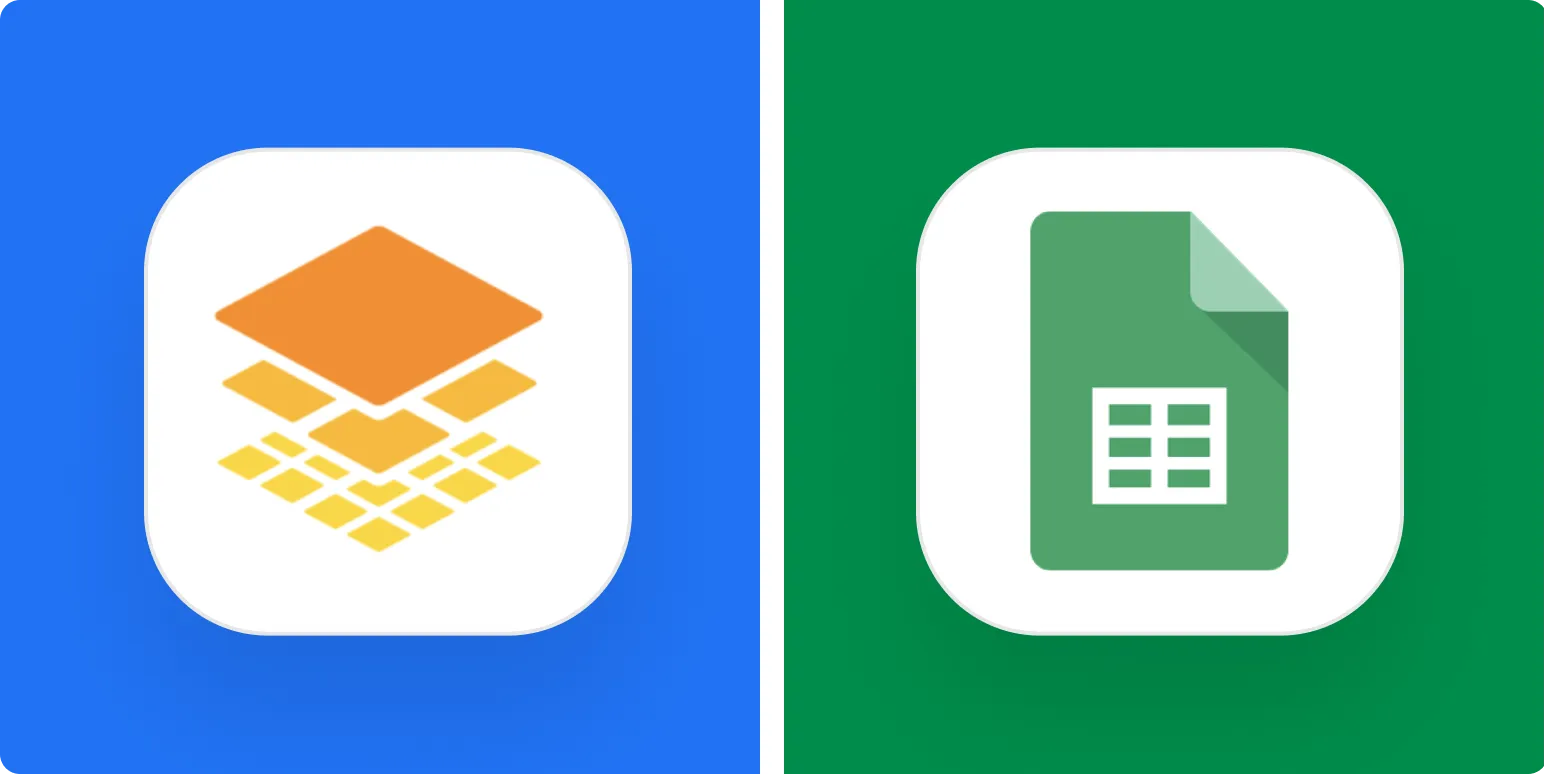In the ever-evolving landscape of AI language models, two prominent players have emerged: Claude and ChatGPT. Both models are designed to assist users in generating text, answering questions, and providing insightful information. However, they cater to different needs and offer unique features. This article aims to highlight the key differences between Claude and ChatGPT in 2025, helping users choose the right model for their requirements.
Overview of Claude and ChatGPT
Claude, developed by Anthropic, focuses on safety and alignment with human values. It is designed to provide responses that are not only accurate but also ethically sound. On the other hand, ChatGPT, developed by OpenAI, is known for its versatility and wide-ranging capabilities in generating conversational text.
Key Features Comparison
| Feature | Claude | ChatGPT |
|---|---|---|
| Focus Area | Safety and Ethical Use | Versatility and Creativity |
| User Interaction | Guided Conversations | Open-ended Conversations |
| Response Style | Concise and Informative | Engaging and Conversational |
| Integration Capabilities | Limited | Wide Range of Integrations |
| Target Audience | Organizations Prioritizing Ethics | General Public and Developers |
User Experience and Interface
When it comes to user experience, both Claude and ChatGPT have distinct approaches. Claude offers a more structured interface that encourages users to engage in guided conversations. This can be beneficial for users who are seeking specific information while ensuring that the content remains aligned with ethical guidelines.
Conversely, ChatGPT provides a more flexible and dynamic interface, allowing users to engage in open-ended discussions. This makes it ideal for creative writing, brainstorming sessions, and casual conversations. The ease of use offered by ChatGPT has made it a favorite among developers and casual users alike.
Performance and Accuracy
Both Claude and ChatGPT are trained on vast datasets, enabling them to deliver accurate information and contextually relevant responses. However, their performance can vary based on the context of the query.
Claude excels in answering questions that require a high level of ethical consideration or sensitivity. Its design prioritizes safety, ensuring that responses do not promote harmful content. This makes Claude an excellent choice for organizations that need to uphold strict ethical standards.
In contrast, ChatGPT is known for its ability to generate creative content and engage users in casual conversation. It can produce a wide range of text styles, from informative articles to playful banter, making it suitable for a broader audience.
Integration and Accessibility
Integration capabilities play a crucial role in the usability of AI models. ChatGPT has a significant advantage in this area, offering a wide range of integrations with various applications and platforms. This allows developers to easily incorporate ChatGPT into their workflows, enhancing productivity and creativity.
On the other hand, Claude's integration options are more limited. While it can be integrated into specific applications, its primary focus remains on providing a safe and ethical user experience. Organizations that prioritize these aspects may find Claude to be a valuable tool, despite its limited integrations.
Pricing and Availability
As of 2025, the pricing models for Claude and ChatGPT differ significantly. Claude typically operates on a subscription basis, focusing on organizations that prioritize ethical usage and safety. This can make it more expensive for individual users but offers value for businesses looking to maintain high ethical standards in their operations.
ChatGPT, however, provides a more flexible pricing model, including free tiers for casual users and various subscription options for more advanced features. This accessibility has contributed to its widespread popularity among a diverse user base.
Conclusion
In summary, the choice between Claude and ChatGPT largely depends on the user's needs and priorities. Claude is an excellent option for those who prioritize safety, ethical considerations, and guided interactions. In contrast, ChatGPT stands out for its versatility, creative capabilities, and wide range of integrations. Ultimately, understanding the ''differences'' between these two models will enable users to make informed decisions based on their specific requirements in 2025.





